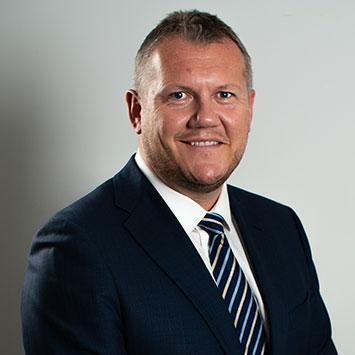How can we help?
Get in touch

Please note that for any urgent or life-threatening conditions, we always recommend that you should call 999 or go to your nearest emergency department immediately. We are usually able to provide face to face or remote appointments with our GP’s within 24 hours. Please contact 01442 331 900 to book an appointment.
Our experts tackle a variety of topics in their own words
It is wonderful to see the gyms reopening and society taking another step towards normality! It is very exciting that people can get back inside a gym and resume their usual exercise routine. However, now is the time to ensure that the risk of injury is a little as possible so people can continue to enjoy their exercise.
Shoulder injuries are common and, in particular, tendon injuries are particularly common. All of our tendons, ligaments and bones respond to forces that we place on them and they become weaker or de-conditioned when we haven’t stressed them with exercise. This poses a risk for people who immediately try to return their usual exercise activity. The most common tendon injuries around the shoulder involve the rotator cuff and pec major tendon.
The ‘rotator cuff’ is the collective name given to the four tendons that run around the ball at the top of the arm and are crucial for good shoulder function. Injuries to the rotator cuff are a very common cause of shoulder pain. Tears of the rotator cuff can be painful and the patient feels ‘something go’ in the shoulder if the tear is an acute injury. Weakness is common presenting problem for which the patient seeks a professional opinion. Most often the tendon is just strained and will recover very well with a good course of physiotherapy. A large tear with weakness secondary to an acute tear often need surgery and the outcome is usually very good.
Overloading of the pec major tendon, especially when doing activity such as bench press, can lead to a pec major tear. A tear is easy to diagnose as there is pain followed by bruising on the inner side of the upper arm and loss of symmetry of the pec major muscle on the chest compared to the other side. Acute tears of the pec major tendon usually benefit from a surgical repair and the results are very good.
The best way to prevent injury when returning to exercise and weight training after a lay off is to give yourself plenty of time to stretch pre-workout and then adjust your exercise routine to make a gradual return to resistance exercise. An example would be to reduce the amount of weights or resistance by half from your usual level for a week or two and then increase to three quarters for a week or two before returning to normal. This allows all of the tendons and ligaments to recondition and get used to higher forces being placed through them.
It is wonderful that gyms are finally reopening and that people return to their favourite exercise and resistance training! I’m certainly looking forward to getting back to the gym!
If you’re worried about shoulder pain, book in to see Mr Corner today by calling our friendly team on 01442 497 254.

Consultant Orthopaedic Surgeon
Mr Tony Corner is a Consultant Orthopaedic Surgeon whose clinical practice is dedicated to treating patients with problems of the shoulder, elbow and upper limb including impingement, rotator cuff tears, dislocations, frozen shoulder, arthritis, fractures, tendon and sports related injuries. He uses the latest techniques to treat these conditions and works closely with the patient’s therapist to ensure the best possible outcome and optimum recovery.
He qualified from St. Mary’s Hospital, Imperial College London and later underwent specialist Orthopaedic training in London (North West Thames Rotation). He subsequently underwent a one year UK advanced training fellowship in complex upper limb reconstruction of the shoulder, elbow, hand and wrist. In 2009 he was awarded the prestigious British Orthopaedic Association European Travelling Fellowship whereby he gained invaluable experience and training from 4 of the world’s leading shoulder surgeons in France, Italy and Switzerland. Following advanced training Mr Corner was appointed as a Consultant Orthopaedic Surgeon at West Hertfordshire Hospitals NHS Trust (Watford, St Albans and Hemel Hempstead Hospitals)in 2010.
Mr Tony Corner is a faculty member for courses held nationally to teach techniques of arthroscopic shoulder reconstructive surgery to other orthopaedic consultants and higher trainees. He has been an invited lecturer on the Mastership course in Orthopaedics held at the University of Warwick Medical School. Mr Corner is also an Editorial Reviewer for the ‘Shoulder & Elbow’ scientific journal.